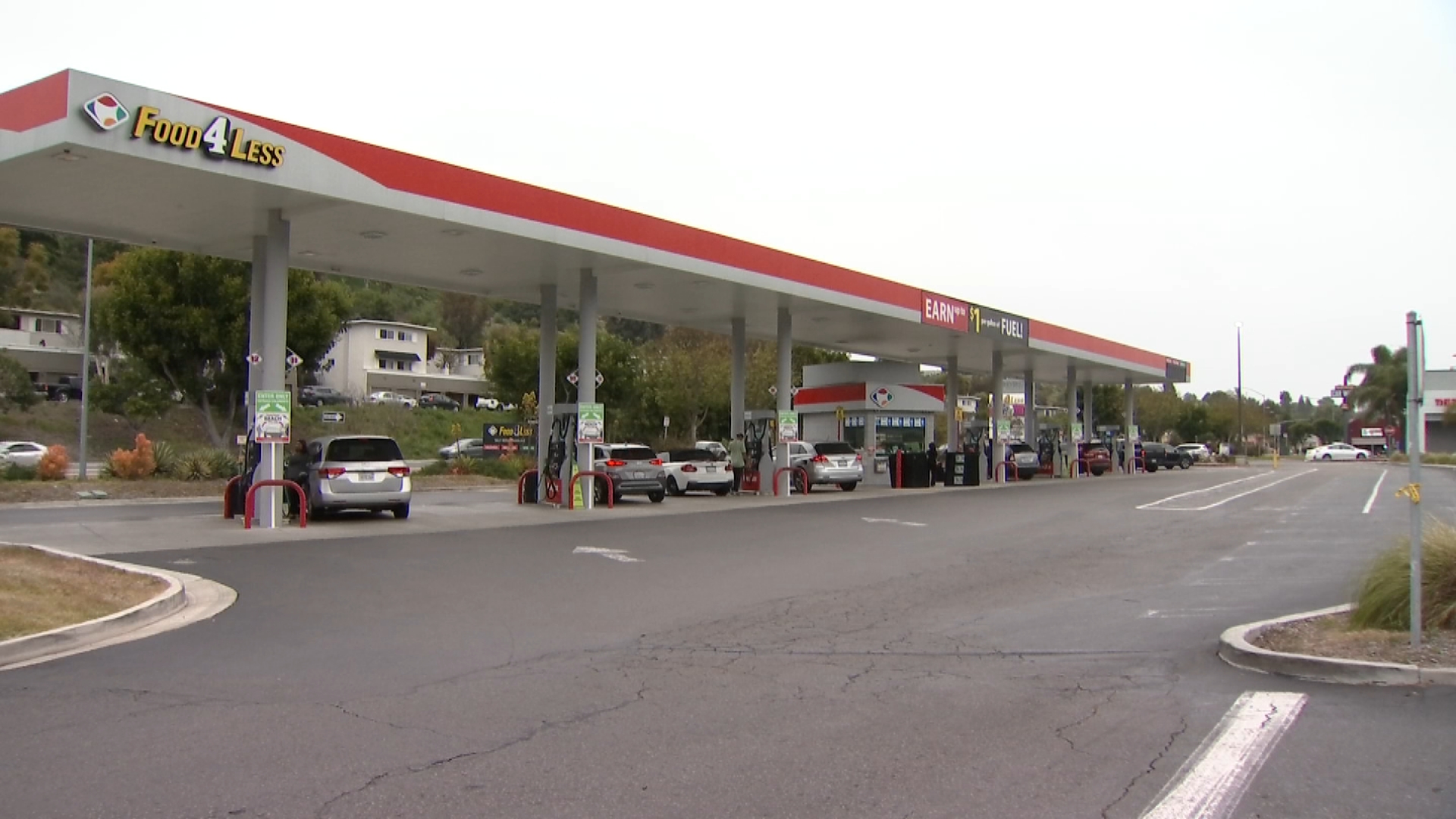Mayor Kevin Faulconer addressed the city's housing and homelessness crises, and plans for convention center expansion during his annual State of the City Address Thursday evening.
The major takeaway was the announcement of a central intake center for the homeless coming to 14th Street and Imperial Avenue later this year.
The center will serve as a universal entrance point where citizens can access homeless services and will, as Faulconer put it, "Be the starting point for each person's journey to permanent housing."
Faulconer called the planned facility the "anchor to our entire care network."
He said that for years, the city has tried to please everyone and risked helping no one, mentioning that everyone wants homeless services but not in their neighborhood.
"Those days are over," the mayor declared.
Faulconer took a firm stance against homeless citizens that refuse shelter and services, and said that “America’s Finest City will no longer tolerate the use of a sidewalk, a riverbed or a tarp as a home.”
Several people visiting the Downtown area on Thursday offered grades for the Mayor based on the progress he and the city has or hasn't made on the homelessness issue.
"I know it's easy for people to point fingers at the Mayor, but this is a community thing," Horton Plaza Farmer's Market organizer Wade Miller said. Miller said that Faulconer has earned an A+ grade for the way he's handled the homelessness crisis. "And if next year it's the same thing then I'm going to downgrade that to a much lower grade, but right now, he's got my A+."
Downtown resident Franco Sanchez was more harsh.
"Let's go with F," Sanchez said. "I'm sorry. We still have these issues out here."
Many people, including Downtown resident Dennis Haggerty, say that reducing the city's homeless population should remain the mayor's top priority.
"People don't want to come to an area where there's nothing but sickness and disease and displaced people living on the sidewalks," Haggerty said.
Local
After discussing homelessness, Faulconer addressed the statewide housing crisis and what his administration is doing to alleviate the stress.
He mentioned the $80 million House SD plan he unveiled last summer, and his commitment to several affordable housing projects around the city.
"I will send legislation to city council to revamp fees so developers are encouraged to build smaller units that people can actually afford," Faulconer said.
Faulconer ended his speech addressing a ballot initiative for expansion of the San Diego Convention Center that he called "the most important decision before voters in November."
"The Convention Center expansion is the single most effective way to strengthen our economy," Faulconer said. "It will create jobs, spur development, ensure future prosperity for our region and help meet the growing needs of great conventions like San Diego's own Comic-Con."
Faulconer said revenue generated from the expansion would help support the homeless and build affordable housing, fire stations and parks.
"Yes for a Better San Diego" launched a citizens' initiative Monday aimed at obtaining voter approval for a tourism tax increase that would fund the expansion project.
Many, including District 6 Councilmember Chris Cate (R), thought the county's Hepatitis A outbreak would be a point of emphasis in the mayor's address but Faulconer largely stayed away from the topic.
"I think that we want to hear that it's not going to happen again," Councilman Cate (R) said. "That we are continuing efforts to have safe streets, clean streets, clean locations for folks who are not going to contract a virus, that we are still being proactive and providing vaccinations for folks who need it."
Since Faulconer last took the stage, the county has been gripping with a deadly Hepatitis A outbreak. The county saw nearly 600 reported cases and 20 deaths from the virus that leaves the homeless and illicit drug users most vulnerable.
In response to the outbreak, Faulconer opened up three bridge shelters for the city's homeless population meant to give occupants direct access to county housing and employment resources that could get them on track to finding a more permanent place to call home.
The first of the shelters was erected in September and the last went up last week.
"I don't think it's ever too little, too late, to be honest with you," Alpha Project partner Amy Gonyeau said Thursday. "Regardless of circumstance, I think it's drawing the attention that needs to be drawn."
The city said its goal was to get 60 percent of the people living in the shelters into permanent housing within three months.



